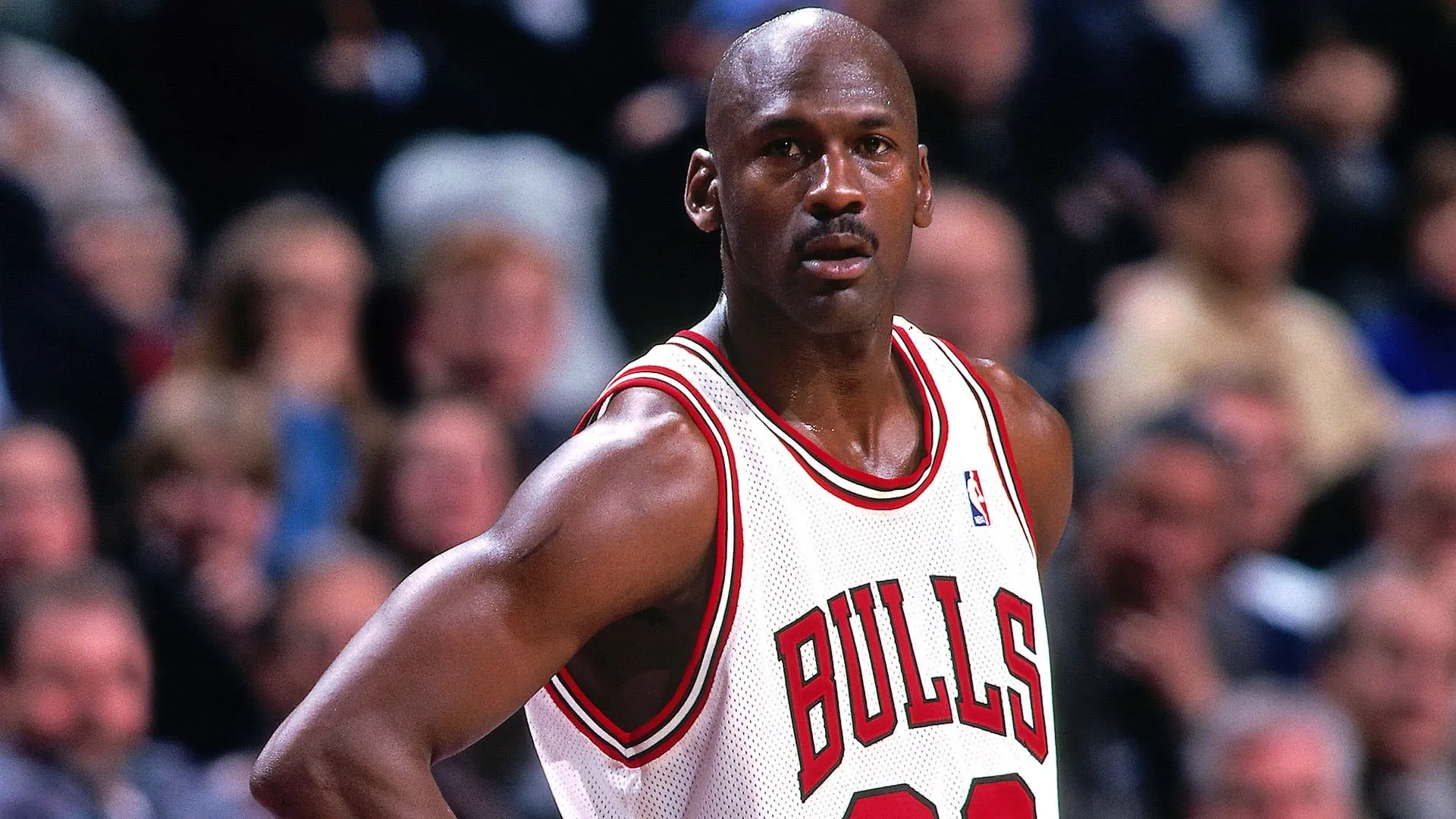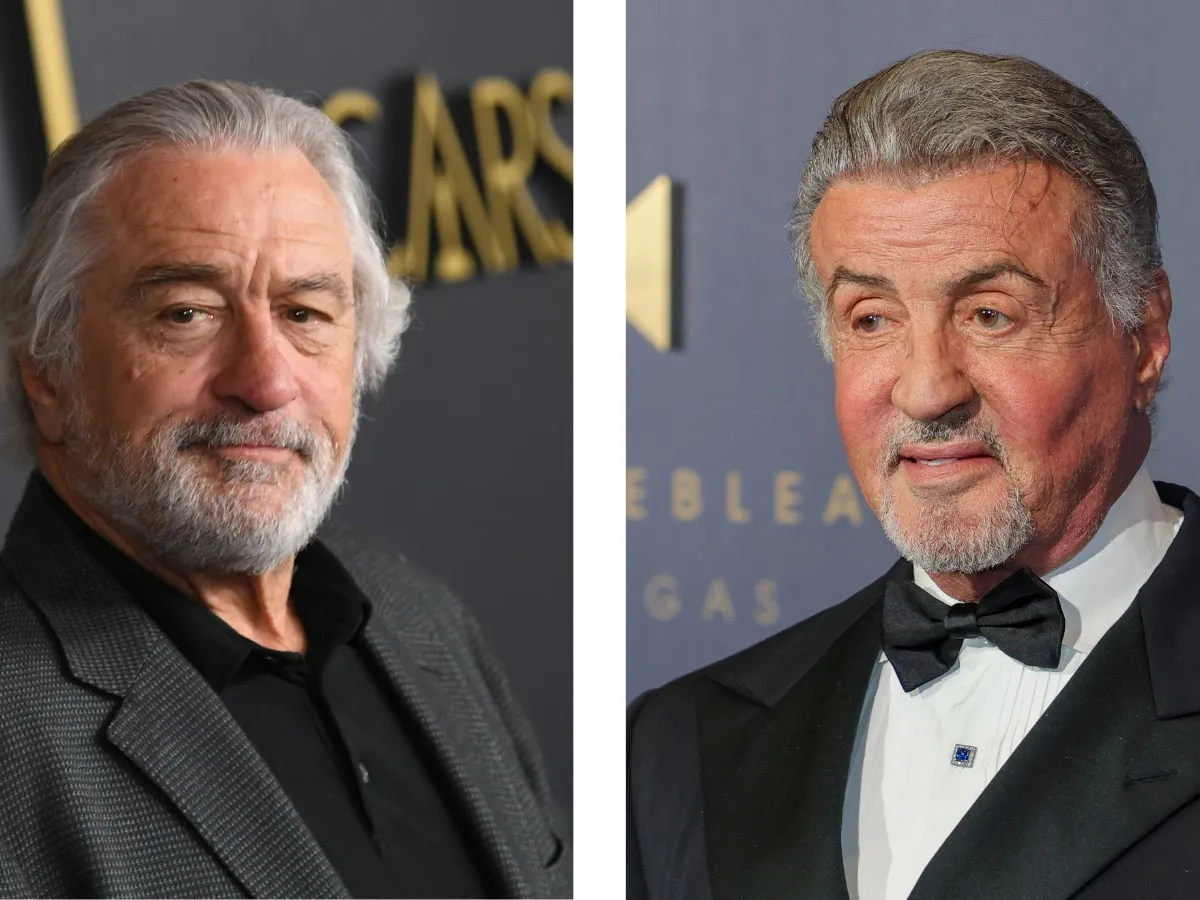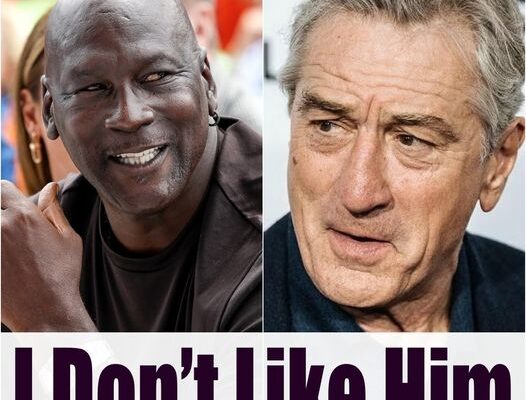Michael Jordan Refuses to Shoot a Woke Commercial with Robert De Niro, “I Don’t Like Him”
In a surprising twist, NBA legend Michael Jordan has reportedly turned down a lucrative offer to appear in a commercial with acclaimed actor Robert De Niro. According to sources close to the athlete, Jordan cited creative differences and a strong disinterest in De Niro’s “woke” approach as primary reasons for refusing the project. This news has quickly gone viral, sparking discussions about Jordan’s rarely-publicized views on social and political issues and bringing the potential commercial’s themes into the limelight.
Both Jordan and De Niro are legends in their respective fields. With six NBA championships and two three-peat streaks with the Chicago Bulls, Jordan remains one of basketball’s most influential figures. Similarly, De Niro’s extensive acting career, which includes iconic films like *Taxi Driver*, *Raging Bull*, and *Goodfellas*, has solidified his place as one of Hollywood’s greatest actors. However, when it comes to their off-screen personalities and values, the two icons seem to be at odds.

In recent years, De Niro has become outspoken on social and political issues, using his platform to advocate for progressive causes and criticize figures he disagrees with. This has led to him being labeled as a “woke” Hollywood figure. Jordan, on the other hand, has often kept his political views private, a trait that stands in stark contrast to the vocal opinions of many other athletes and celebrities. In fact, Jordan’s famous line, “Republicans buy sneakers too,” reveals his strategic neutrality, suggesting he prefers to stay out of politically charged situations. 
Sources close to Jordan allege that the concept for the commercial leaned heavily into social commentary, positioning it as “woke” by addressing themes of inclusivity, identity, and current social movements. While these topics align with De Niro’s personal advocacy, Jordan reportedly found the approach “inconsistent” with his personal brand. Additionally, he allegedly mentioned that he “didn’t like” De Niro, which added to his hesitation about the project. Whether this dislike is based on a personal encounter or De Niro’s outspoken political stance remains unclear, but it has certainly piqued the curiosity of fans.

Since the news broke, fans and media outlets have had mixed reactions. Some fans praise Jordan for staying true to his long-standing image as a business-savvy athlete focused on his brand and legacy rather than political commentary. Others argue that in an era where many sports stars actively take stands on social issues, Jordan’s approach feels outdated. De Niro’s fans, in particular, have taken to social media to express disappointment, with many suggesting that Jordan’s stance contradicts the spirit of the commercial’s themes.
For now, there’s no indication that either Jordan or De Niro will reconsider the project. Instead, Jordan’s refusal highlights the ongoing divide between sports figures and Hollywood actors on public advocacy. His decision adds another layer to his image, contrasting sharply with today’s increasingly vocal athletes. While both icons will continue to command respect in their fields, this clash of values brings a new dimension to public discussions about celebrities’ influence and responsibility.


